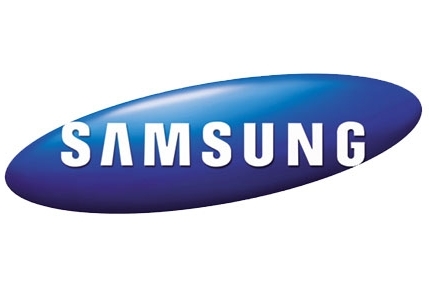VMware’s efforts to move its virtualisation technology onto mobile handsets received a welcome boost after it was revealed that Samsung would now use the technology.
VMware chief Paul Maritz used his keynote speech at the opening of VMworld 2011 to outline the so-called “post PC world”, and revealed that VMware was working on providing software for “virtual phones”.
Dual Personality Handsets
Of course VMware has already virtualised servers, storage arrays and PCs, so the humble mobile phone is simply the next move for the virtualisation giant.
“This basically allows you to have two phones on one physical phone,” Maritz said in his speech. “What the enterprises will do is equip people with a virtual phone, and whatever phone the user has that virtual phone will live in the same physical phone, but it will be walled off from the user’s personal environment.
“There will be a set of capabilities associated with your work phone that will be controlled by IT, and then you as a consumer can do whatever you want in your personal phone,” he said. “So if you’re living in a risky way and download a hacked version of ‘Angry Birds’, that hacked version isn’t going to read the corporate address book and transmit it to the bad guys wherever they may be.”
Samsung Partnership
And now VMware has announced that Samsung has joined the party, and will deliver virtual desktops to mobile devices, creating in the process a new class of dual persona mobile devices.
Samsung and V Mware said they will collaborate by integrating both VMware View and VMware Horizon Mobile with Samsung mobile devices, including Galaxy S II and Galaxy Tab 10.1 and 8.9.
Mware said they will collaborate by integrating both VMware View and VMware Horizon Mobile with Samsung mobile devices, including Galaxy S II and Galaxy Tab 10.1 and 8.9.
Doing this will allow for the secure use of employee-owned IT devices (i.e. phone/tablet) for accessing both work and personal data.
Mobile virtualisation is something of a hot topic of late, because IT managers are under pressure from staff wishing to bring their own devices into the office. But they have to balance the security risks of incorporating consumer devices into the corporate infrastructure.
The VMware offering means that businesses will be able to securely manage an employee’s connected mobile workspace in isolation from their personal environment.
In return, these employees will also be able to easily access corporate data whilst on the go.
Breaking Free
“Individuals have resoundingly voted for mobility and a compelling experience from their computing devices in the past few years. Our customers are trying to satisfy these demands while simultaneously trying to maintain control and manageability of their corporate computing resources,” said Parag Patel, vice president of Global Strategic Alliances at VMware.
“VMware’s end-user computing solutions enable customers to break free from more than two decades of complex, device-centric computing, and deliver a more user-centric experience for the connected enterprise,” he said. “Working with Samsung, a leading provider of Android smart devices, our goal is to help IT organisations retain control and security of corporate data and applications while enabling end users to utilise their own wireless devices.”
Of course it is worth pointing out that Samsung is not the first to sign up to VMware’s mobile virtualisation.
Back in December 2010, rival handset maker LG Electronics announced it was working with VMware to build a new generation of LG smartphones with a separate corporate identity and email account, distinct from the user’s personal account.
And of course Research in Motion also announced its own take on the concept earlier this year, dubbed the Blackberry Balance service.





